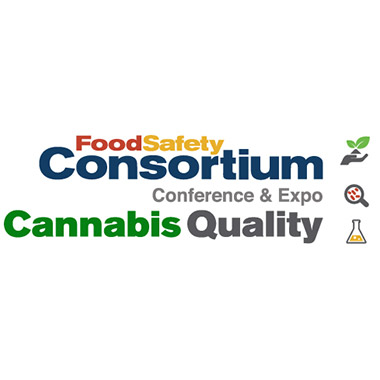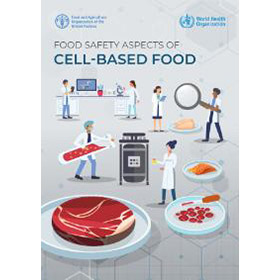

Technology can make a dramatic difference in achieving ISO compliance and helping companies meet growing stakeholder demand for more transparency, while providing real-time visibility across an enterprise.

Technology can make a dramatic difference in achieving ISO compliance and helping companies meet growing stakeholder demand for more transparency, while providing real-time visibility across an enterprise.

The draft CPG describes the labeling requirements for major food allergens and proper use of the ingredient list and the “Contains” statement for major food allergen declarations. It also describes requirements for firms to implement controls to prevent or significantly minimize allergen cross-contact. In addition, the draft CPG describes additional allergen labeling violations and directs FDA staff to examine potential product adulteration due to allergen cross-contact as well as potential labeling violations.

Step into the lawyer’s kitchen with food attorney Jennifer Allen, Partner at Zwillinger Wulkan, as she breaks down new food labeling requirements for bio-engineered ingredients.

Presented by Food Safety Tech, the Food Safety Consortium—taking place October 16-18 in Parsippany, New Jersey—brings together food safety and quality assurance professionals for education, networking and discussion geared toward solving the key challenges facing the food safety industry today.

Stacy Vernon, Food Safety Operations and Program Manager at CIFT, an Ohio Manufacturing Partner, shares lessons learned from food companies that have experienced Listeria monocytogenes-related recalls.

To reduce risk to consumers as well as the risk of recalls, the FDA is encouraging developers of new plant varieties to consult with the agency through its voluntary premarket consultation program for foods from new plant varieties prior to marketing.

The Food and Agriculture Organization of the United Nations (FAO) and the World Health Organization (WHO) have published a report on the safety of cell-based food. The report highlights potential hazards—the majority of which exist in conventional food products—as well as potential mitigation and control efforts.

The FDA announced that it will reopen the comment period for the draft guidance “Labeling of Plant-Based Milk Alternatives and Voluntary Nutrient Statements; Draft Guidance for Industry” in response to requests from stakeholders to allow additional time for interested persons to develop and submit comments.

Morrine Omolo, Ph.D., Food Safety Extension Specialist in the Department of Food Science and Nutrition at the University of Minnesota, highlights the challenges—and opportunities—for food safety professionals amidst the burgeoning Cottage Food industry, and shares her journey from the child of a farm manager to a career in food safety research and training.

The food industry is facing unprecedented challenges when it comes to ensuring the safety and security of the global food supply chain. A risk-based approach focused on prevention, continuous improvement, and stakeholder collaboration is needed to be proactive in identifying and managing potential risks throughout the food supply chain. By adopting new practices, the food industry can ensure a safe and secure food supply chain.